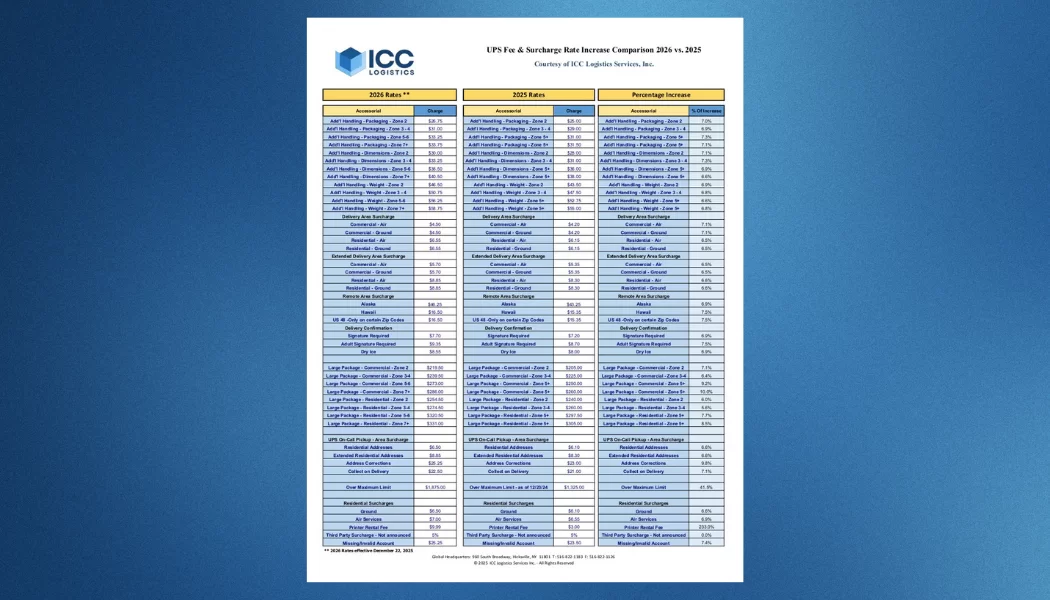Today we continue on our mission of highlighting and expanding upon the Checklist for Transportation Spend Management created by Transwide and Supply Chain Media. The second item on their checklist is as follows:
“We source and negotiate freight rates and award contracts to the optimal carrier trading off between quality, speed and cost.”
So, what does this really mean and why is it so important? Many shippers, in fact all shippers are in need of continually reducing their transportation spends. The transportation industry is one of the only industries we know of that implements General Rate Increases year after year, while many of their shipper customers are usually selling their products at lower price points than they sold for the year prior. That’s where a big disconnect obviously comes into play between shipper and carrier partners.
Shippers in need of reducing, (or at least controlling) their annual freight spends often merely seek out carriers with lower costs. That process may be putting the cart before the horse, because what good is lowering shipping costs if the carrier(s) the shipper selects cannot meet the required service demands of the shipper’s particular business? The answer obviously is— “no good at all!”
So there has to first be an internal analysis completed by all shippers to determine exactly what service levels the shipper requires from its freight carriers. Secondly, the shipper needs to seek out ONLY those carriers that can fully meet those needs. Secondly, there may be times when extended transit times in exchange for lower shipping costs may be appropriate. If that is the case, the shipper should make sure their carriers can provide a multiple of delivery options to meet the shipper’s needs. If they cannot, the shipper may want to engage a freight broker or 3PL, who has contracts with a large and diverse variety of freight carriers providing a varying delivery schedules. The shipper would then have the ability to “rate shop” individual shipments to make sure they make the best “trade-off between quality, speed and cost” as the checklist points out.
One other item we wish to highlight in checklist item #2 that we find extremely valuable is the need to “award contracts” to the shipper’s carriers and/or freight brokers. Unlike tariff and rate schedule publications, contract agreements bind both parties and neither party may make any changes to the contracts without the written consent of the other party. So carriers and/or freight brokers cannot arbitrarily increase rates during the contract term without the written consent of the shipper. On the other hand, the shipper cannot decide to pay the carrier in 90 days when the contract specifies payment requirements of 30 days. These are just two simple examples of the benefits of transportation contracts.
One last critical word of advice. If you’re a shipper and your company is not entering into contract agreements with its transportation and logistics service providers, you should take the time to explore the massive benefits contracts can bring to your company. Also, don’t assume that your in-house council is completely familiar with transportation law and liability issues; seek the advice of transportation council to draft and monitor your transportation contracts. You’ll be glad you did.



 to receive our FREE white papers:
to receive our FREE white papers: